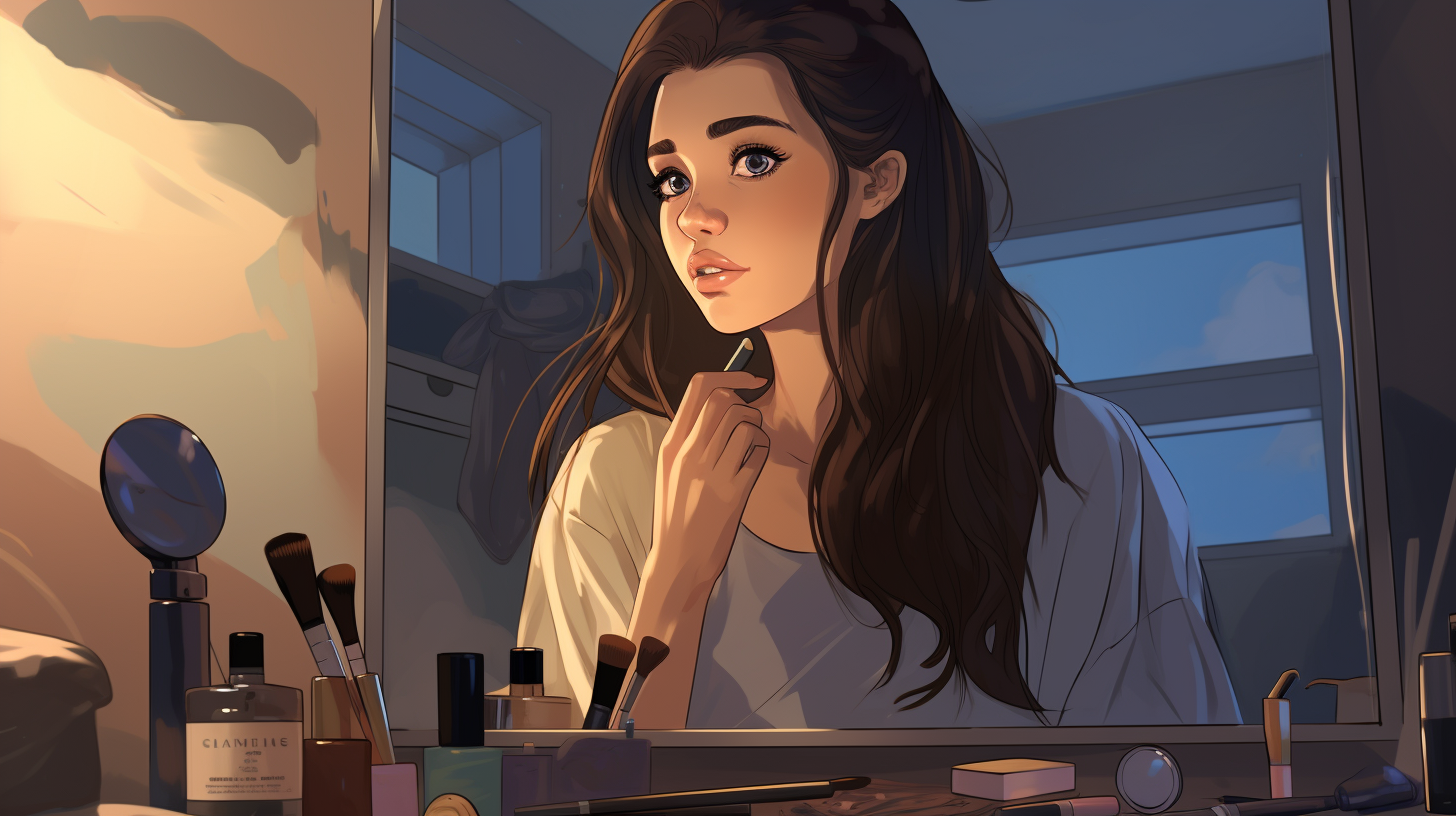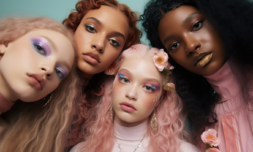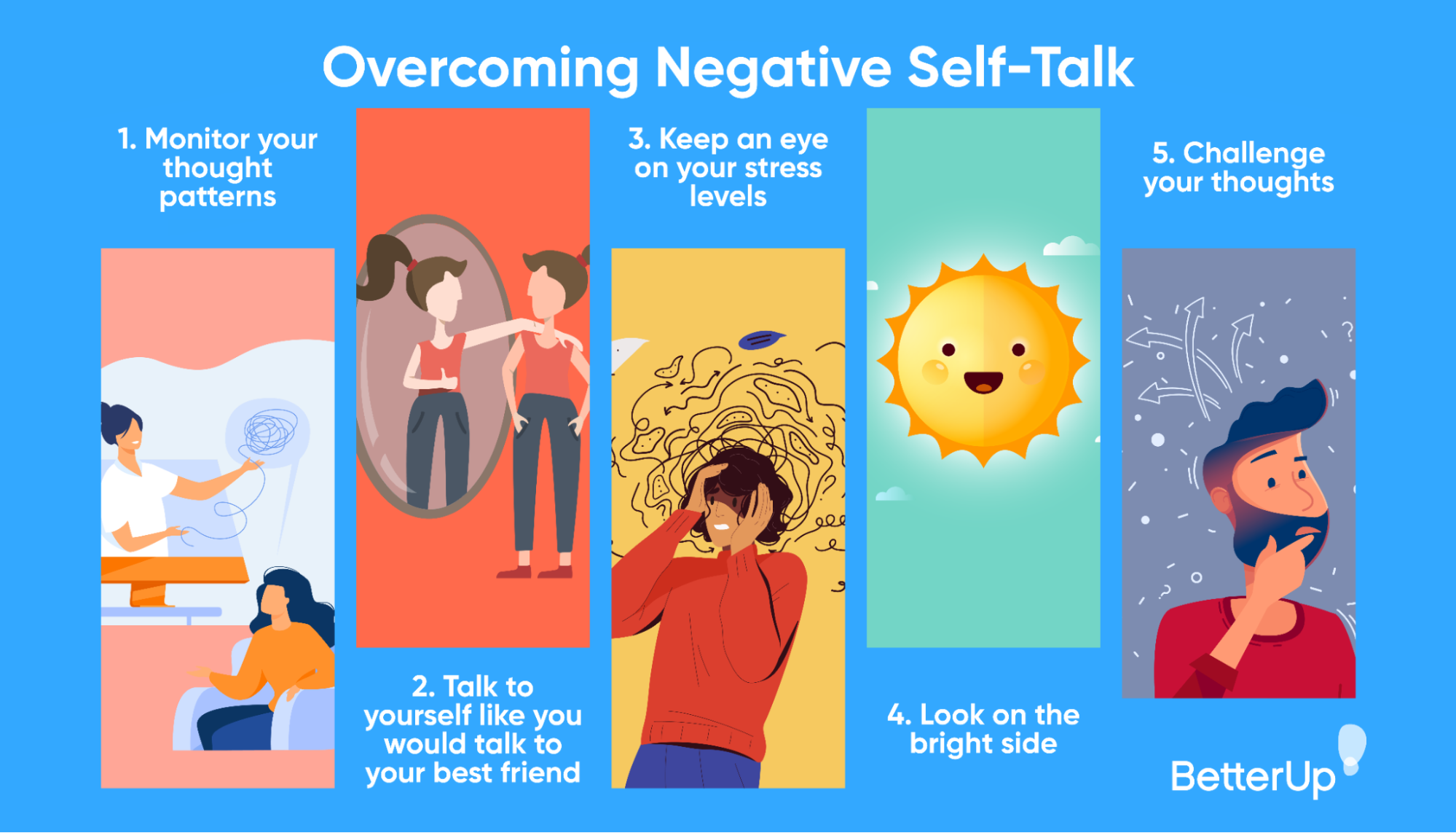After hearing that its sales associates felt ‘like therapists’ while working the shop floor, the US beauty supplier has set out on a mission to help its customers embrace their inner joy by eradicating negative self-talk.
Upon stepping inside a beauty store, customers are greeted by an array of products that promise eternally youthful skin, a luscious head of hair, and the ability to smell like a freshly plucked Madagascan vanilla bean pod.
While it’s great — albeit overwhelming — to have these options, we all have different motivations for visiting these retailers. Some of us want to stock up on our holy grail skincare item and others want to try a new product that they’ve seen online.
Market research has shown that, for a massive 65 percent of young shoppers, it will be the latter.
This should be unsurprising, as social media platforms have overtaken fashion magazines as the oracle of beauty knowledge. That products raking in the highest sales are often the same ones trending on TikTok or Instagram at any given moment is no coincidence.
Unfortunately, these social media platforms are also responsible for driving a decline in self-confidence among young people by exclusively promoting content posted by stereotypically beautiful creators and incorporating beauty-enhancing filters into their interfaces.
It’s not uncommon for users of social media to learn of a new beauty standard in one TikTok, only to discover tips on how to meet it in the clip that follows.
Inside Ulta Beauty stores, sales associates are noticing this trend. Rather than being asked to recommend fun eyeshadow shades for Girls’ Night Out, young customers are increasingly coming in and expressing self-doubt about their appearance.
This has led Ulta’s employees to say they ‘feel like a therapist’ while working the shop floor — and Ulta Beauty is listening. In response, the company is launching a new internal training program called A Toolkit for Joy.
It aims to educate its 53,000 sales associates on strategies and tools to identify and disrupt their own inner critics so that they can help in-store customers do the same.
View this post on Instagram





















